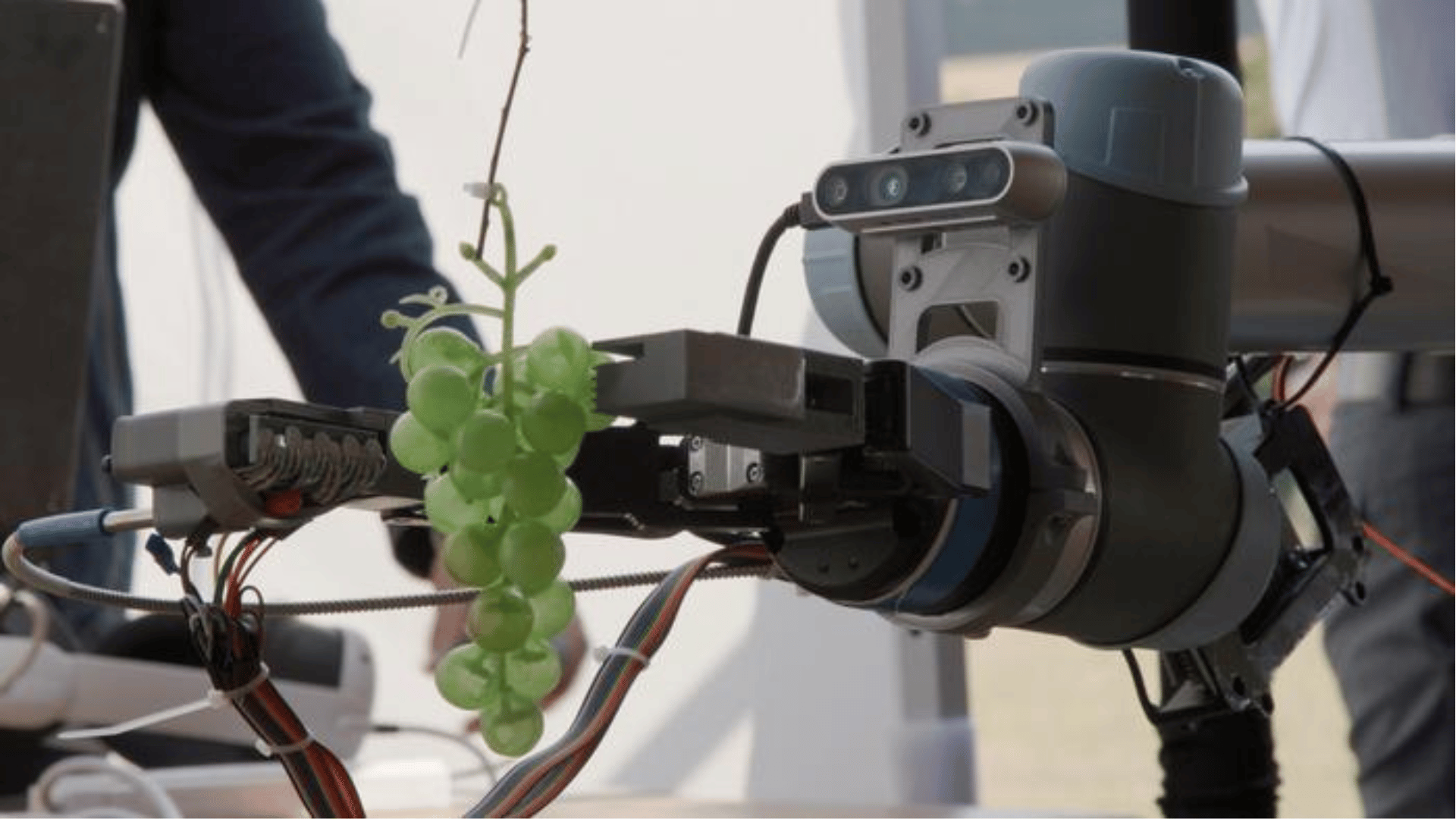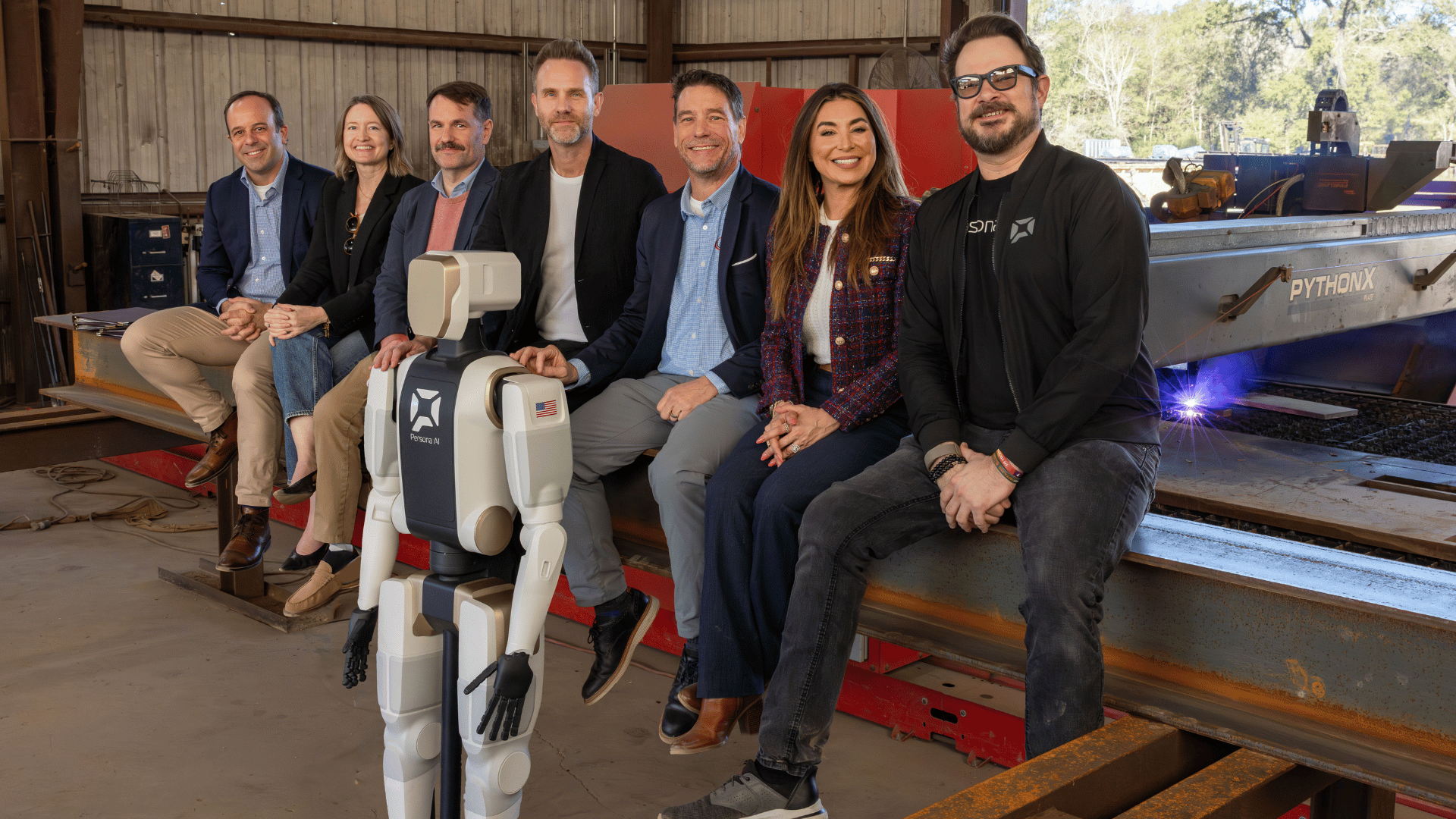New Wearable Tech Tracks Astronauts’ Sleep Quality on International Space Station
ISS National Lab-sponsored research on Axiom Mission 4 tests wearable tech to collect, analyze sleep data and readiness for critical tasks
KENNEDY SPACE CENTER, Fla., June 4, 2025 /PRNewswire/ — Everyone needs a good night’s sleep to perform at their best—including astronauts. A technology demonstration launching to the International Space Station (ISS) on Axiom Mission 4 (Ax-4) will test a wearable device that collects biometric data such as total sleep time and heart rate variability during sleep.

The project, sponsored by the ISS National Laboratory®, is a collaborative effort between Booz Allen, Axiom Space, and Oura. The demonstration aims to utilize edge computing to process and analyze biometric data in near real time, enabling crew members to make informed decisions about whether they are prepared for critical tasks.
“This technology will provide crew members with detailed insights into their sleep quality and biometrics, which will help them to understand how this directly impacts their fitness and ability to best execute their duties the next day,” said Josh Arceneaux, director of human space flight at Booz Allen.
If successful, the demonstration would highlight the potential to eliminate the need for ground communication for certain activities, allowing crew members to operate more autonomously. This capability will be increasingly vital for future long-duration missions, such as those to Mars, where communication delays and other challenges will become more prevalent.
As with many commercial devices that track data on personal physical condition and performance, the information collected by each Oura Ring is sent to the company’s corporate cloud for analysis and storage and then provided to the user via a smartphone app. In orbit, the data will be processed by an edge computing device and provided directly to the crew member for evaluation.
“Ultimately, this demonstration will showcase whether we can collect, store, and analyze that data and empower crew members to make decisions without needing to connect to the ground,” Arceneaux said. “This is part of a bigger objective to move abilities we’re accustomed to having on the ground to use in spaceflight.”
Ax-4 is scheduled to launch no earlier than June 10, 2025, at 8:22 a.m. EDT, from Florida. For additional information on ISS National Lab-sponsored investigations launching on Ax-4, visit our launch page. To learn more about the research and technology development sponsored by the ISS National Lab, visit our website.







